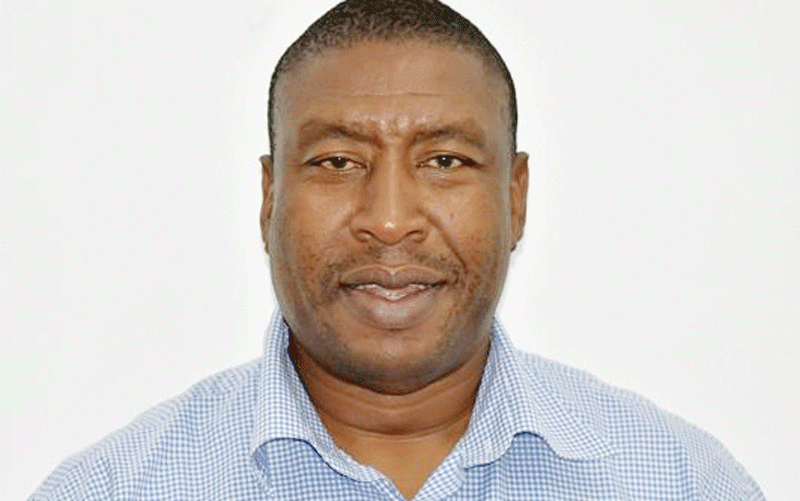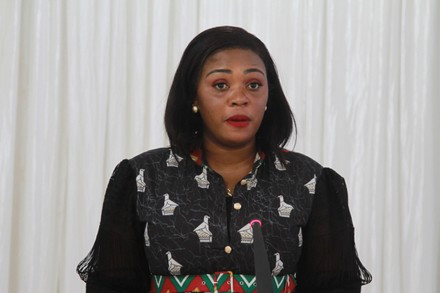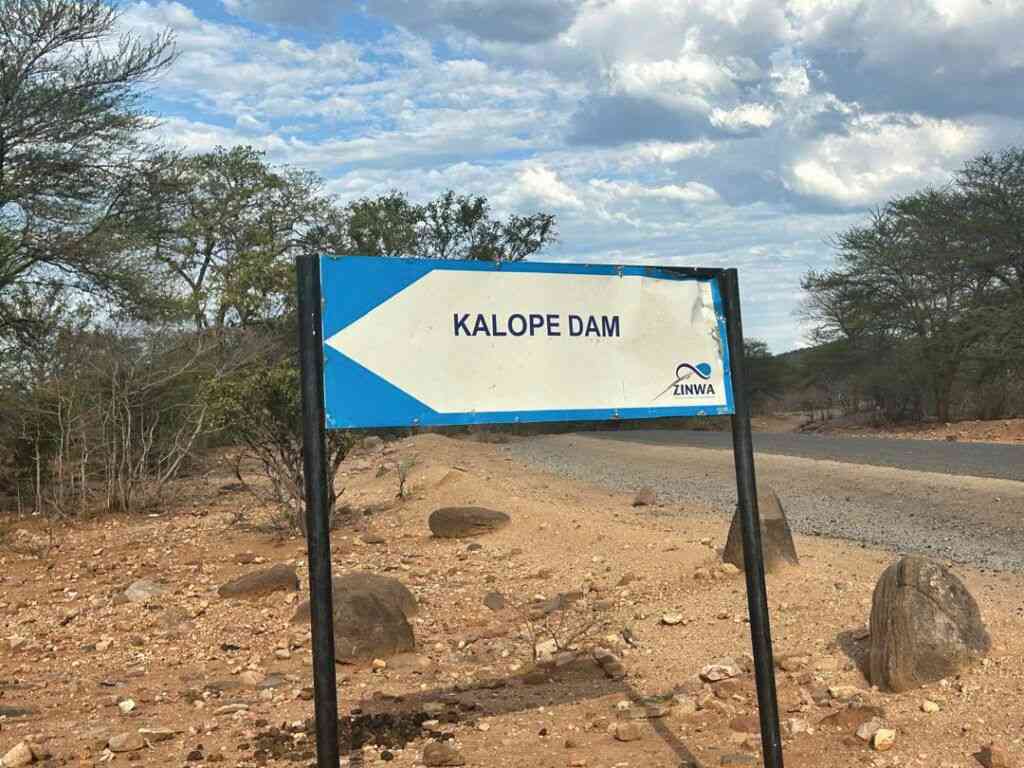
THE Centre for Natural Resource Governance (CNRG) says government should back its decision to ban alluvial mining with a statutory instrument to effectively curb environmental degradation and ensure responsible mining practices.
Cabinet last week announced that it has banned alluvial mining which commenced in 2011 due to its negative effects on water pollution, siltation, degradation of river channels and disruption of riverine ecosystems.
CNRG director Farai Maguwu said without a legal framework, risks associated with riverbed mining, including environmental damage and community displacement, would persist, undermining efforts to promote sustainable development and protect the environment.
“We are reminding government that a similar ban was announced four years ago, it is,s therefore, repeating the same thing that it did in 2020,” Maguwu said.
“Our call then and now is that merely announcing a Cabinet decision is not enough. Government should expedite the amendment of the Mines and Minerals Act and the Environmental Management Act and formalise the ban in our statutes.
“While the Cabinet’s decision to ban riverbed mining is a significant win for environmental protection, sustainable mining and protection of local communities, we stress that effective implementation is key. CNRG calls on authorities to ensure the law is enforced, through enhanced enforcement which recognises and includes local communities in this process.”
Maguwu said Zimbabwe’s parent mining law, the Mines and Minerals Act (Chapter 21:05) of 1961, had become outdated and no longer aligned with modern national and international mining law developments.
“CNRG calls for holistic amendments to address some of the key challenges including but not limited to the following: The lack of recognition and support for artisanal and small-scale miners, the absence of local mineral beneficiation, which hinders the country’s ability to maximise economic benefits from its mineral resources, Inadequate mechanisms for resolving disputes between farmers and miners as well as disputes over mining titles, other outdated provisions that hinder the development of a modern and sustainable mining industry."
- Smuggling of gems bleeding Zim’s economy
- Smuggling of gems bleeding Zim’s economy
- Zim lithium mines being sold for a song
- Mutare residents vow to stop Chinese quarry project
Keep Reading
Maguwu added that the proposed amendments would bring Zimbabwe’s mining laws in line with international best practices, promote sustainable development and ensure the country’s mineral resources are exploited responsibly and equitably.











